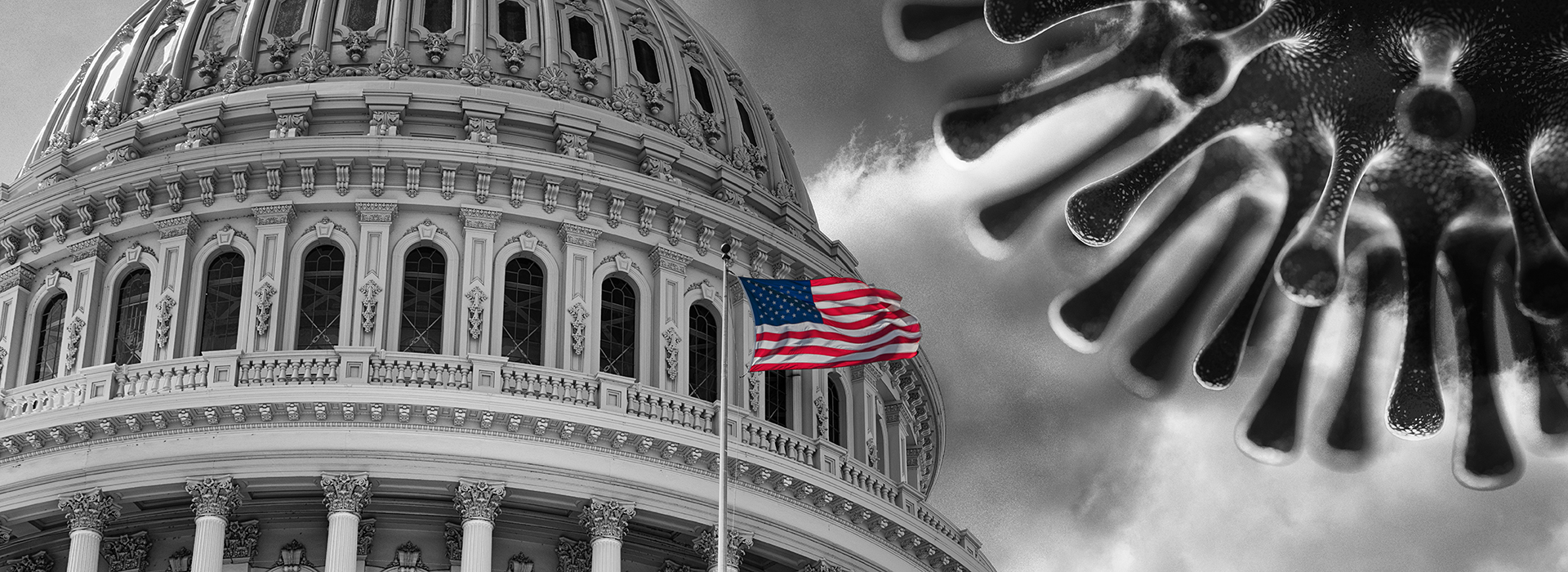3 biases at work in the Covid crisis
The health crisis has turned our mental models on their head. The top experts got things very wrong, even though they were armed with the tools and concepts to understand the situation and, presumably, had the best of intentions. Olivier Sibony argues that these errors stemmed from cognitive biases.
These biases were especially prevalent in the first weeks of the health crisis:
- The mental model bias: Our brain needs to hang on to something it already knows so it can understand a new situation. Covid-19 was first thought of as comparable to the flu in Europe, resulting in a muted reaction. In Asia, on the other hand, the parallel with SARS prompted drastic measures to be taken very quickly.
- In-group and out-group bias results from thinking that we are different from others. When the Covid situation began to deteriorate in Italy, others thought that the same thing couldn’t happen in their own country, since they were very different from Italians, after all.
- Low-risk overestimation bias: This lies behind your fear of plane crashes, even though crashes are statistically rare. In wanting to avoid this bias, the bias experts themselves were wrong, and were initially afraid there had been an overestimation of an unlikely danger.
The pandemic illustrates that it’s difficult to escape biases even if they seem obvious after the fact.
« Comprendre les biais cognitifs en plein crise du coronavirus »
Olivier Sibony and Michel Lévy-Provençal (YouTube, April 2020).
© Copyright Business Digest - All rights reserved

